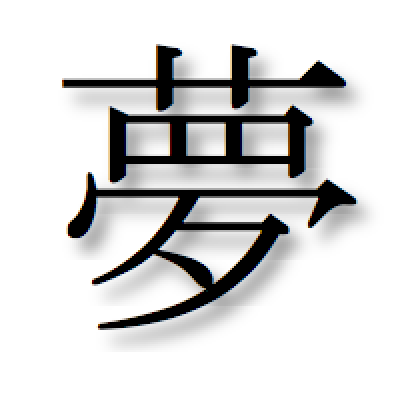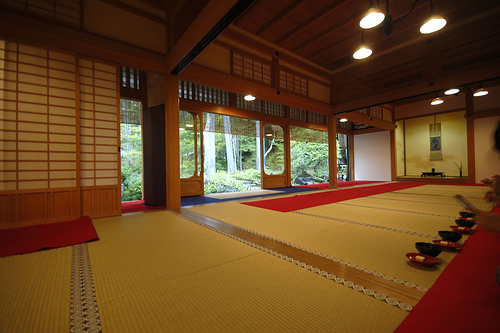Expressing interest in Japanese
In Japanese, you can use the word 興味 (‘kyoumi’) to talk about interest in something. It is typically coupled with the が or は, plus the verb for inanimate existence, ある (‘aru’), or some derivation of it (negative form, polite form, etc.). Let’s start with a simple example: それは全然興味がありません。 I am not interested in that at… Read More »

